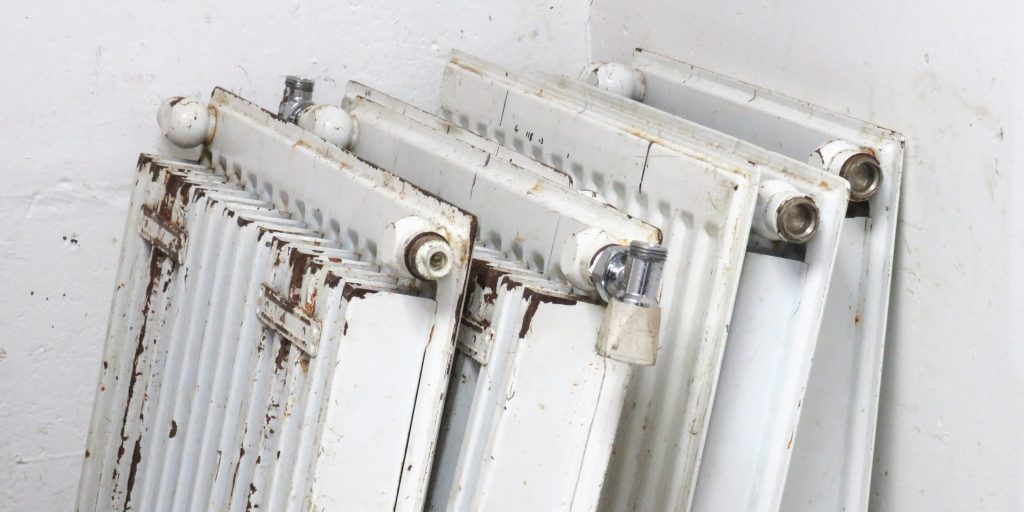
As we enter the colder months, there’s a high chance that many of us will be reluctantly reaching for the thermostat and flicking on our radiators.
With that being said, it’s as good a time as any to remind both homeowners and engineers of the importance of good radiator health, particularly at a time when most of us are looking for ways to keep our energy consumption and costs down.
In a survey of 2,000 UK homeowners, commissioned by The Manufacturers’ Association of Radiators and Convectors (MARC) (via Installer), it was revealed that 24% of residents haven’t bled their radiators in over a year, while one in ten had never done so.
Almost half of those surveyed said they wouldn’t know how to go about bleeding their radiators, while 15% said they would be concerned about damaging their heating system while doing so.
These findings have emphasised the need for engineers to educate their customers about the benefits of radiator health, and the steps that homeowners can take themselves.
What can engineers do to educate homeowners?
According to the survey, nearly one in four homeowners wouldn’t know how to identify when a radiator needs to be bled, and 71% wouldn’t know when their heating system needs flushing. Engineers can make a major difference by explaining to homeowners how they can tell if either of these actions needs to be taken, and how to go about doing so.
Thermostatic radiator valves (TRVs) are another proven way of reducing energy use and cost, so ensuring homeowners understand the benefits of installing these can be extremely beneficial.
What steps can consumers take themselves?
There are a number of easy steps homeowners can take when it comes to improving the efficiency of their radiators in addition to the points raised above.
Ensuring that radiators aren’t blocked by furniture and curtains may sound obvious, but this is one of the quickest ways to maximise performance and efficiency by allowing heat to travel around the room without obstructions.
Keeping radiators clean is another free and effective way of improving their performance. Dust often gathers on the front and in the fins along the back of radiators — this acts as an insulator, capturing heat and preventing it from travelling around the room. Using a hairdryer to blow out dust from the hard-to-reach areas can be a handy hack for cleaning radiators.
It can also be worth investing in an attachable radiator fan. These can be easily fitted, usually magnetically, and are used to boost a radiator’s convection by speeding up the circulation of heat around the room.
When to book an engineer
While simple tasks like radiator bleeding can often be carried out by anyone, there are instances when the expertise of a qualified engineer will be required.
This includes cases of major leaks, emergencies or damage to radiators and conjoining pipework. If your radiators are giving off no heat at all, it’s always best to seek the services of a professional.
It’s also strongly advised that you have your boiler serviced every year by a qualified engineer to ensure it is still working to its optimum capabilities.